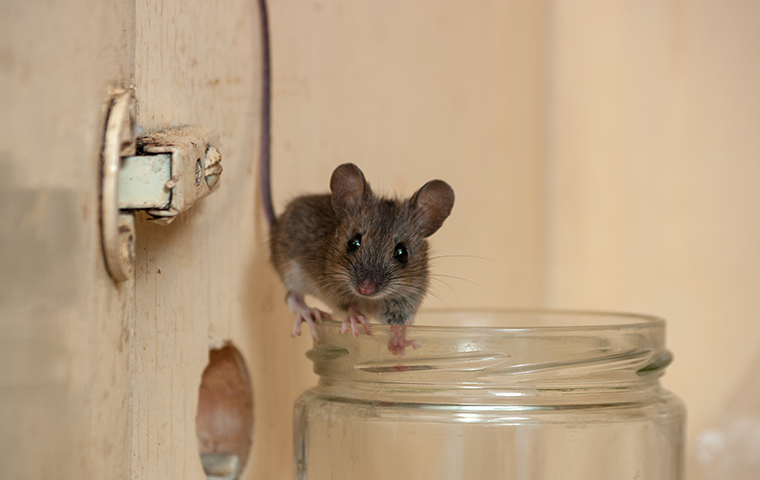As warmer months roll in, it's time to consider some effective outdoor pest prevention ideas. This will help keep your outdoor areas enjoyable for relaxation and entertainment. Pests can be more than just a nuisance; they may jeopardize your health and property. Fortunately, you can take proactive measures to mitigate their effects.
Before we delve into specific outdoor pest prevention ideas, it's important to understand why pests are drawn to certain areas. Awareness of their attractions can empower you to tailor your prevention tactics with greater effectiveness.
Outdoor spaces like gardens and yards inherently attract various creatures due to available food sources, hiding spots, and moisture. By scrutinizing these factors, you can modify your property to make it a less inviting habitat for pests.

Effective Strategies to Deter Outdoor Pests
There are numerous methods to safeguard your property, including natural remedies and more thorough approaches. Lets look at the leading outdoor pest prevention ideas that can foster a pest-free environment.
1. Regularly Maintain Lawn and Garden
Keeping your yard well-maintained is key to deterring pests. Regularly clear dead leaves, trim overgrown plants, and remove any debris that could serve as bug habitats. Consistent lawn mowing and plant pruning will lessen the chances of rodents and insects finding sanctuary.
Additionally, a healthy lawn promotes robust plants that are more resistant to pests. For more garden maintenance tips, check out the Family Handyman blog.
2. Properly Store Food and Waste
Pests like ants and raccoons are often drawn by food availability. Make sure outdoor trash bins have tight-fitting lids and avoid leaving pet food or birdseed out. By addressing these potential food sources, you're making strides toward keeping unwanted visitors at bay.
3. Use Natural Deterrents
Consider planting pest-repellent plants such as lavender or marigold. Herbs like basil and mint can beautify your garden while keeping bugs away.
Additionally, introducing beneficial insects like ladybugs can help manage harmful pests naturally. These allies create balance in your ecosystem without the use of harsh chemicals.
Going Beyond Simple DIY Techniques
While DIY techniques can be effective, sometimes more structured solutions are needed. For advanced methods, explore the Ultimate Pest Control Guide for valuable insights.
4. Physical Barriers and Structural Changes
Implementing physical barriers, sealing gaps, and modifying drainage can lower the likelihood of pests entering your yard. Ensure you fill any cracks in walls, roofs, or foundations to eliminate potential entry points.
5. Professional Pest Control Services
Persistent pest problems may require professional help. Utilizing a pest control service can ensure that your pest management strategies are correctly executed and maintained. This can save you time and bring peace of mind knowing your home and garden are secure.
For professional assistance options, visit Engineering on the Edge.
Conclusion
By adopting these comprehensive outdoor pest prevention ideas, you can significantly reduce pest invasions and enhance your enjoyment of outdoor spaces. These strategies not only protect your property and well-being but also contribute to a balanced ecosystem. Remember, consistency is crucial in pest deterrence, so regularly review and adapt your prevention methods for optimal results.

Frequently Asked Questions
1. What are the most common outdoor pests?
The most common outdoor pests include ants, mosquitoes, rodents, cockroaches, and termites, along with regional outliers like raccoons or deer.
2. Are DIY pest control methods effective?
Yes, when used appropriately, DIY pest control techniques can yield substantial relief. However, for serious infestations, professional services might be more effective.
3. How can I prevent pests without using chemicals?
You can deter pests naturally with specific plants that repel them, proper waste management, and maintaining a clean environment. Introducing beneficial insects is another eco-friendly strategy.
For more information on what attracts pests to homes, take a look at this article.
This article contains affiliate links. We may earn a commission at no extra cost to you.
